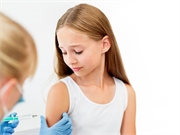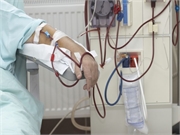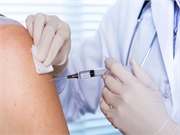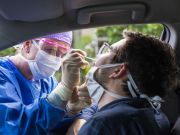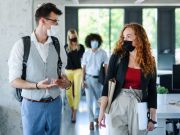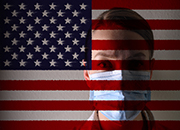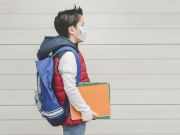
Emily Davis and her husband started a “learning pod” with another family this summer, hiring a teacher for child care and now for the start of first grade. Their 6-year-old son is an only child, which was a big factor in the decision. The other family has two kids. “It might be a full school… read on >










